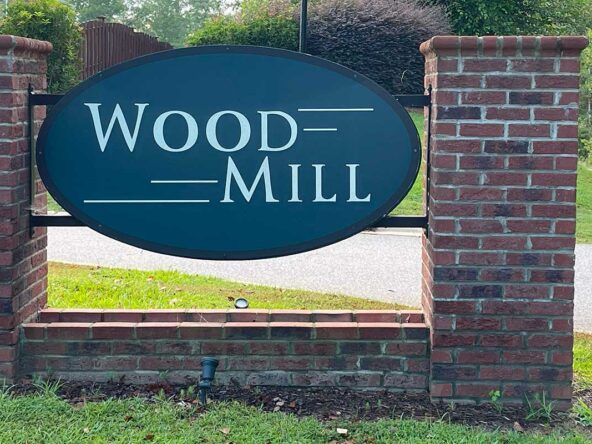You’re finally ready to take the plunge and purchase a home. You found something that is perfect – you’re dream home, and you’re willing to pay full asking price. It’s a sure thing, right? Not necessarily. With housing inventory so low right now, it’s important to be prepared when you’re ready to buy a home. This way, when you find “THE ONE,” you have the advantage over other potential buyers.
Meet with your lender early. This should be done prior to looking at homes. You want to obtain pre-approval for a mortgage so you can move quickly when you’re ready to make an offer. This pre-approval letter should be included with any offer you make. It will show the seller that obtaining financing should not be an issue if they decide to accept your offer.

Know your must-have and nice-to-haves. A “must-have” is something absolutely essential . For example, if you commute to work, you may need easy access to the highway; or for a family of four, three bedrooms may be non-negotiable. A “nice-to-have” is something you would like, such as a pool or fenced in yard, but do not necessarily need. A pool you may enjoy but can live without, and a fence is something you can always add later.
Make your offer as clean as possible. A clean offer should not be contingent on the sale of another property or have other financial constraints. It should also be free of seller concessions, which are things the buyer asks for outside of the offer price, such as closing costs. In a seller’s market, a seller is not going to give much, and offers with a lot of contingencies may be dismissed outright. Traditional contingencies include loan approval, appraisal and inspection. Although as a buyer you do not want to give up all your protection, by giving these things up, you make your offer more appealing. There are other ways to protect your interests; for example, you can get your loan fully underwritten or ask to see seller inspection reports. This way, you can give up contingencies with very little risk involved.
Put down a strong earnest money deposit. Your earnest money is proof that you are a good-faith buyer. Usually, your real estate broker will hold on to your EM, and it will go toward your down payment and closing costs. On average EMDs are 1-3% of the purchase price. If you put a larger amount down, it may show that you are a serious buyer and that your intentions of purchasing a particular home are genuine.
.jpg)
Waive the Appraisal Contingency. This poses the most risk to a buyer and should only be done if you have enough cash on hand to cover any shortfall between the offered price and appraised price. Make sure you talk to your REALTOR® before waiving the appraisal about the risks involved and have a full understanding of what this means.
Avoid Asking for Personal Property. In love with the refrigerator listed in the seller exclusions? Don’t ask for it. Want them to throw in that cool fire pit? Forget about it. Your offer could be in line with other offers that are not asking for items that belong to the seller. Asking for excluded items will only weaken your offer. If you want a refrigerator or fire pit, go to Home Depot. If you want to win the bid on the house, remain focused on achieving your goal of buying the house and hope your competition loved that refrigerator or fire pit enough to ask for it!
Write a Personal Letter to the Seller. Does this really work? Maybe. While some sellers care only about the price, others are emotionally attached to their homes and want to make sure the next owner will love it as much as they do. If a seller has lived in their home for many years, it may put them at ease to know that their beloved home will be in good hands. By including a letter that tells the seller a little about yourself, why you love the house, and why you want to make it your home, you may make a difference in a close bidding situation.
Pay with Cash. There is truth to the saying that “Cash is king,” especially when it comes to home buying. Cash offers keep the deal between the buyer and seller, and not some stranger at the bank. Financed deals are usually subject to financing and appraisal contingencies, which opens a door for a buyer to exit, not good news for a seller. Also, when buyer’s finance, they are often at the mercy of the lender and the lender’s process. No lender means an expedited closing where the buyer, and not the lender, dictates the closing process. A cash offer also proves that a buyer is serious and has the financial means to purchase.
Make Sure Your Offer is Complete. Although this should be a no-brainer, mistakes are made, which may result in your offer getting tossed. Make sure to cross your “t’s” and dot your “i’s” before you turn in your offer.
.jpg)
While many of these things may seem small, they can go a long way to making your offer stand out and help you get the home of your dreams. Establishing that you’re a serious buyer, with the financial means to purchase, is the best way to a seller’s heart. Happy house hunting!




